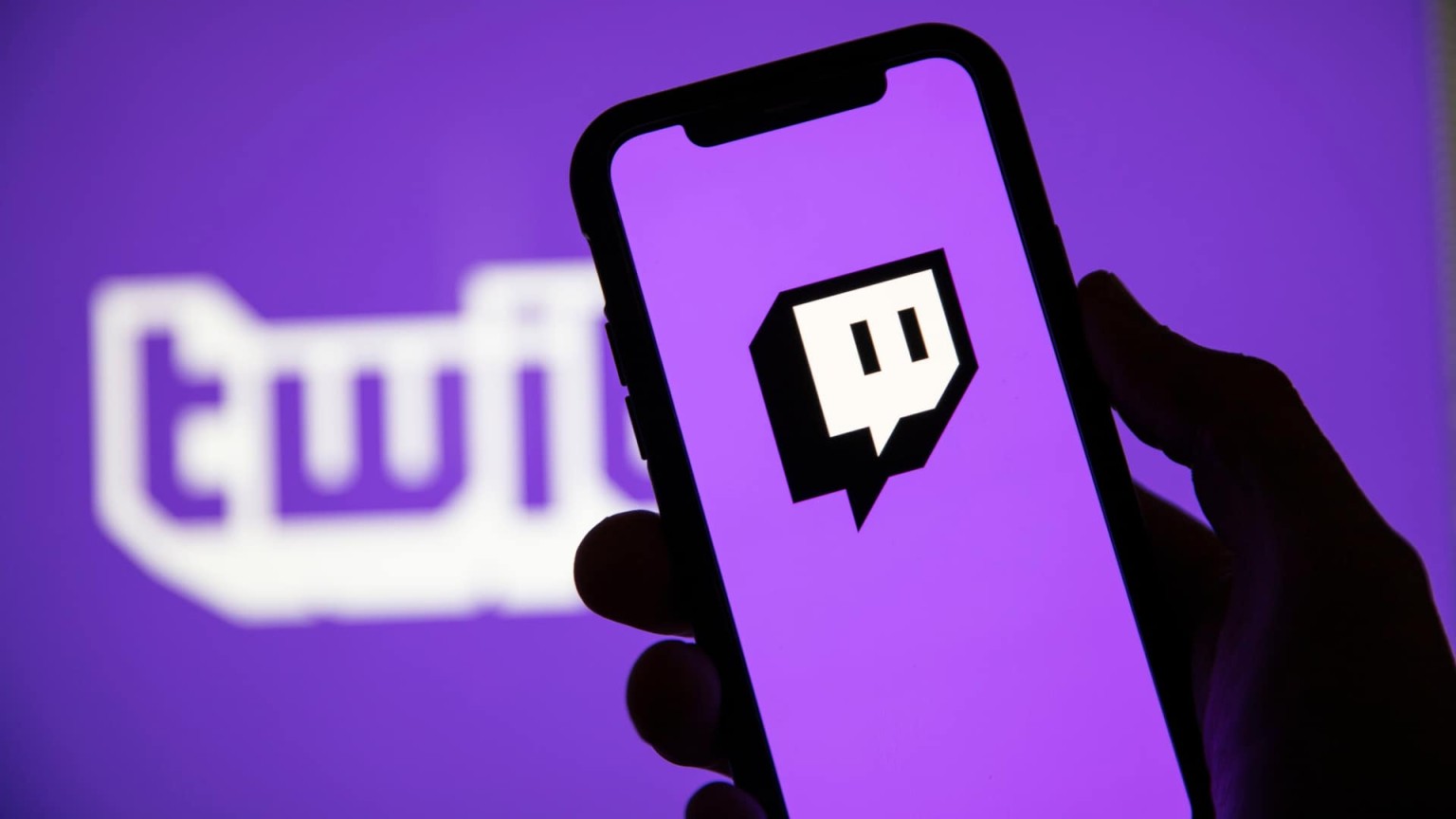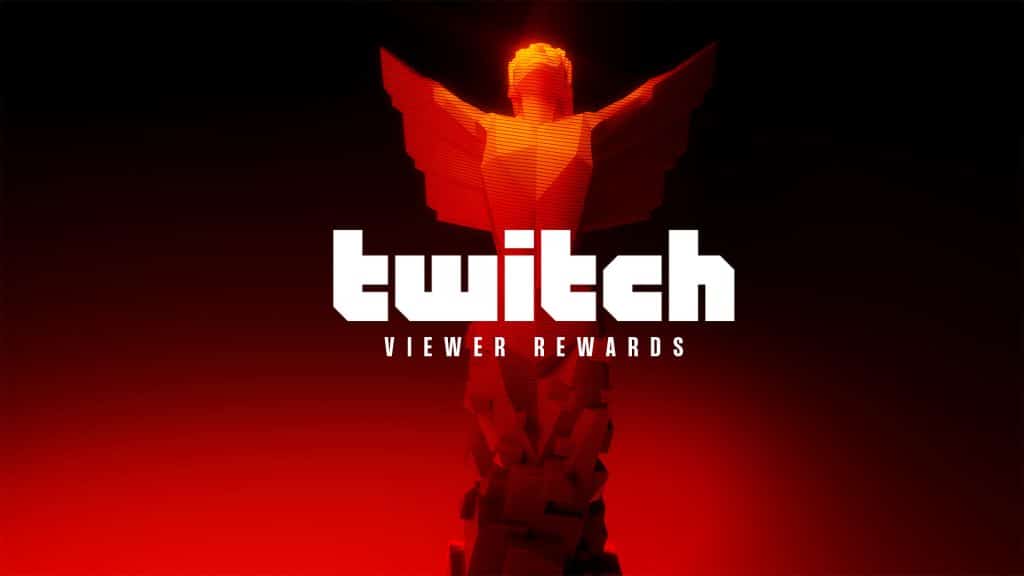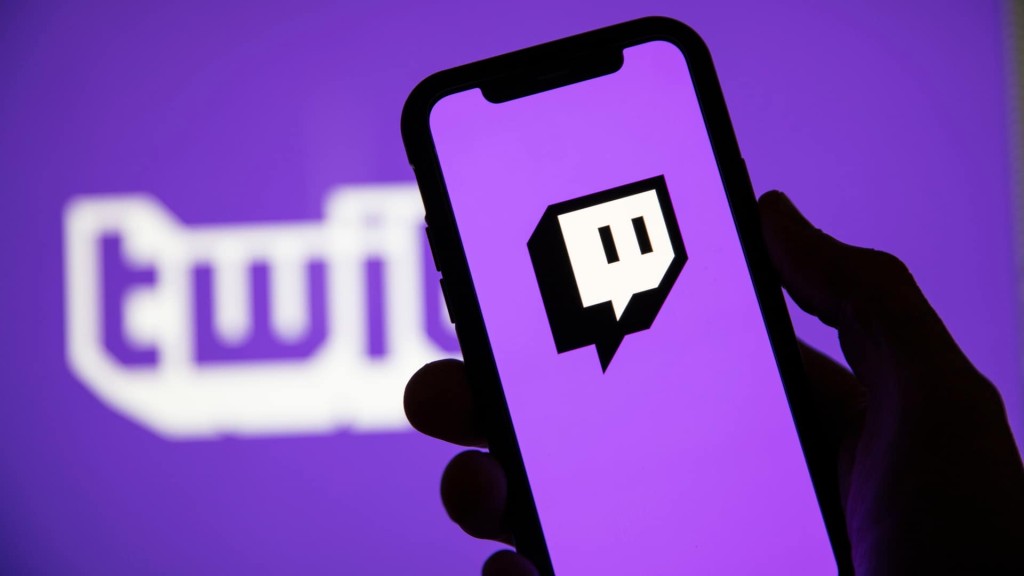Twitch has updated its policies recently in order to prevent the spread of harmful misinformation on its platform.
A new blog post from them revealed the changes to their Spam, Scams, and Malicious Conduct Policy. Their goal for this change is to prohibit people who have an online presence and are dedicated to spread misinformation by using Twitch.
Twitch has the right to suspend accounts for inappropriate or harmful conduct according to the community guidelines. From the get go, it has been that way ever since Twitch got established.
The streaming platform did clarify that the update “will likely not impact you or the streamers you love on Twitch.” They also made it clear that it will not be enforced on streamers that just said it one time.
Twitch shared they have already partnered with over a dozen researchers and experts that know of this topic. They wanted to make sure they did it correctly. They have also found out of these accounts that have already shared a lot of damaging, and widely debunked misinformation online.
These accounts have something in common and they have identified there of them. They are persistent in sharing misinformation, the “news” they share are widely disproven and just broadly shared, and the topics are usually harmful misinformation topics that could promote violence.
Twitch will be enforcing the policy on these people if they meet all of the three criteria and their team will be doing thorough reviews in each case.
The platform has released guidelines of examples of content that are shared by people who are trying to misinform others.
- Misinformation that targets protected groups, which is already prohibited under our Hateful Conduct & Harassment Policy
- Harmful health misinformation and wide-spread conspiracy theories related to dangerous treatments, COVID-19, and COVID-19 vaccine misinformation
- Discussions of treatments that are known to be harmful without noting the dangers of such treatments
- For COVID-19-and any other WHO-declared Public Health Emergency of International Concern (PHEIC)-misinformation that causes imminent physical harm or is part of a broad conspiracy
- Misinformation promoted by conspiracy networks tied to violence and/or promoting violence
- Civic misinformation that undermines the integrity of a civic or political process
- Promotion of verifiably false claims related to the outcome of a fully vetted political process, including election rigging, ballot tampering, vote tallying, or election fraud*
- In instances of public emergencies (e.g., wildfires, earthquakes, active shootings), we may also act on misinformation that may impact public safety






